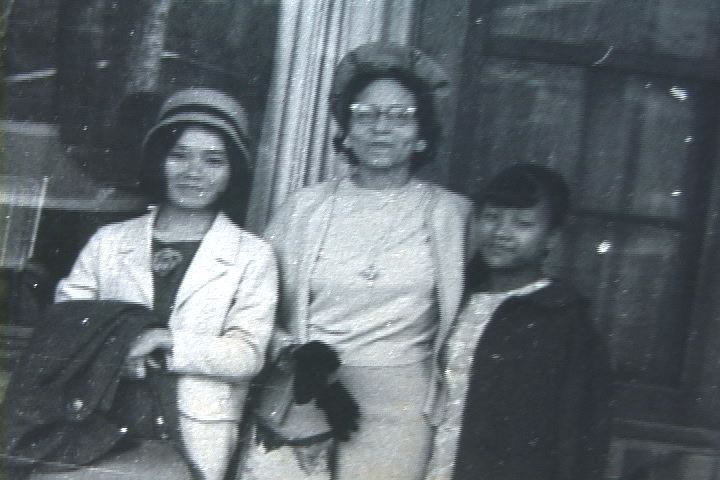Korean TV networks move to oust discrimination against gender, race
The Korean Herald
2015-10-18
Claire Lee

A much-criticized scene from MBC’s “Three Wheels,” where two female comedians appeared in blackface in 2012. Photo: MBC Screengrab |
In 2012, South Korea’s public broadcaster MBC sparked outrage among international viewers when it aired a segment of two Korean female comedians in blackface on its comedy show “Three Wheels.”
The show received mounting criticism, mostly from overseas viewers, who claimed the particular scene was blatantly racist. The producer of the show eventually offered a public apology, explaining the two women were simply parodying Michol — a black male character featured in Korea’s hugely popular 1987 TV animated series “Dooly the Little Dinosaur.”
Regardless of the intention, many critics argued the scene was undoubtedly insensitive and discriminatory against blacks. While appearing in blackface, the two comedians sang “Shintoburi,” a 1999 Korean pop song that praises Korean heritage and culture, specifically mentioning kimchi and soybean paste.”I did not think it was funny. What were they thinking?” an international viewer said in a YouTube video she posted to criticise the show…
…Korea’s concept of “multicultural families” in particular was often used in the local media to convey negative connotations of foreign workers and migrant wives from Southeast Asia, said UN expert Mutuma Ruteere, who also urged Korea to enact a wide-ranging antidiscrimination law.
In a report submitted to Ruteere last year, local activist Jung Hye-sil pointed out the term “mixed-blood” was still being used frequently by the Korean media when referring to multiracial individuals, in spite of the UN committee on the Elimination of Racial Discrimination’s 2007 recommendation that Korea end the use of the particular expression. The committee also urged the Korean public to overcome the notion that the country is “ethnically homogeneous” back in 2007.
According to Jung’s report, however, a total of 1,287 Korean news reports — from both print and broadcast outlets — used the term “mixed-blood” when referring to multiracial individuals from 2012-2014. Jung also addressed that a number of these reports were favourable toward those with a Caucasian parent, notably by praising their physical attractiveness.
The report also pointed out that the Korean media unnecessarily differentiates between multiracial children and children of foreign-born immigrants who are not ethnically Korean.
For example, a news segment aired by MBC in 2012 used the term “mixed-blood multicultural children” when delivering information that Korean-born children of migrant wives are more likely to receive education in Korea than children immigrants who were born overseas.
“The discourse of ethnic homogeneity based on the notion of ‘pure blood’ has been causing discrimination in the form of social exclusion by placing restrictions on the lives of the multiracial population in Korea, as they are seen as a threat to Korea’s ‘pure bloodline,'” Jung wrote in her report, noting that the very first children who were sent overseas for foreign adoption in 1954 from Korea were mixed-race children born to African-American soldiers and Korean women…
Read the entire article here.



